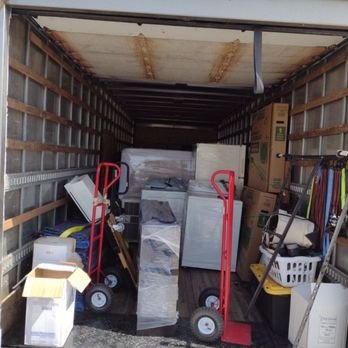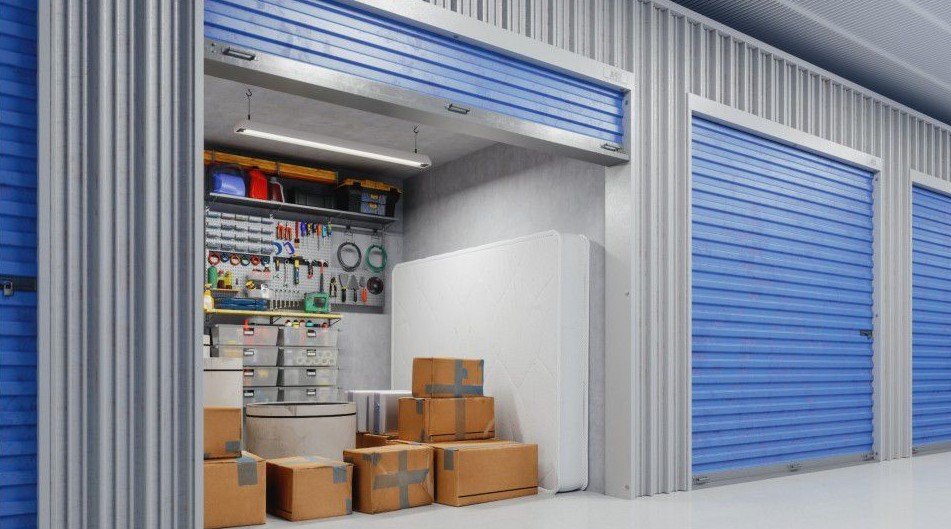Moving can feel like a monumental task, filled with excitement and stress all at once. Whether you’re relocating for work, downsizing, or simply looking to declutter your living space, choosing the right storage solution is crucial. In this article, we will delve into the self-storage vs. full-service storage debate, providing a comprehensive overview of the pros and cons of each option. We aim to equip you with the knowledge you need to make an informed decision that aligns with your specific needs.
Understanding Storage Solutions
What is Self-Storage?
Self-storage facilities are rental spaces where individuals can securely store their belongings. You have the freedom to choose your unit size and access it whenever you need. Think of it as renting your little garage or shed, just away from your home. You’re in charge of packing, loading, and organizing your items in the unit, which often gives you complete control over your belongings.
What is Full-Service Storage?
In contrast, full-service storage offers a more hands-off approach. A moving company provides packing materials, assists you in packing your belongings, transports everything to a secure facility, and can even bring your items back when you need them. It’s like having your moving team at your disposal.
Pros and Cons of Self-Storage
Pros of Self-Storage
Cost-Effective
One of the most appealing aspects of self-storage is its affordability. Renting a self-storage unit typically costs less than full-service options. You only pay for the unit itself and any packing supplies you choose to buy.
Full Control
Self-storage gives you the autonomy to manage your belongings. You can access your items whenever you wish, which is incredibly convenient if you need something quickly or if you’re storing seasonal items.
Variety of Sizes
Self-storage facilities come in various sizes, making it easy to find a unit that fits your specific needs. Whether you have a few boxes of clothes or large furniture pieces, you can find a storage unit that works for you.
Flexibility
You have the freedom to rent a unit for as long as you need—be it for a month, a year, or even longer. This flexibility can be a lifesaver during transitions.
Cons of Self-Storage
Physical Labor
While you have control over your belongings, it also means you’re responsible for moving them. Packing up and transporting heavy items can be physically demanding and might require extra help.
Limited Assistance
Although you have full control, this means you must figure everything out on your own. You’ll need to plan how to pack and organize your unit, which can feel overwhelming without guidance.
Accessibility Challenges
Accessing your unit can sometimes be a hassle, especially if you have a lot of items to sort through or if the facility is busy during peak times.
Pros and Cons of Full-Service Storage
Pros of Full-Service Storage
Convenience
The most significant advantage of full-service storage is its convenience. You don’t have to lift a finger—professionals handle everything for you. This can be a game-changer if you’re short on time or have a busy schedule.
Expertise
When you hire a full-service storage company, you benefit from the expertise of trained professionals. They know how to pack and store items securely, which can reduce the risk of damage during transit.
Time-Saving
Moving is often time-consuming, filled with packing, organizing, and logistics. Full-service storage allows you to delegate these tasks, freeing up your time to focus on other important aspects of your move.
Stress Reduction
Moving can be a major source of stress. Having professionals manage the logistics means you can breathe a little easier, knowing that your belongings are in capable hands.
Cons of Full-Service Storage
Higher Costs
While the convenience of full-service storage is undeniable, it comes with a price tag. Typically, this option is more expensive than self-storage, which might be a dealbreaker for those on a budget.
Less Control
With a full-service solution, you’re relying on others to handle your items. This can create feelings of unease if you’re not comfortable with strangers managing your belongings.
Limited Accessibility
Depending on the service you choose, accessing your items might require scheduling a delivery. This could delay your ability to retrieve items when you need them, which can be frustrating.
Factors to Consider When Choosing Between Self-Storage and Full-Service Storage
Budget
Evaluate your budget carefully. If cost is a significant factor, self-storage is often the more economical choice.
Volume of Items
Consider how much you need to store. If it’s just a few boxes, self-storage may be sufficient. However, for larger moves or if you’re storing furniture, full-service storage may be the way to go.
Physical Ability
Reflect on your physical capacity to handle moving heavy items. If you’re unable or unwilling to do the heavy lifting, opting for full-service storage can save you from injury and hassle.
Time Constraints
Do you have a limited amount of time to move? If you need to be out of your current place quickly, One Deal Moving storage might be worth the extra expense.
Urgency of Access
Consider how often you’ll need access to your belongings. If you need to retrieve items regularly, self-storage may provide the more immediate access you need.
Conclusion
When weighing the options of self-storage vs. full-service, it’s essential to consider your unique situation. Self-storage offers a budget-friendly, hands-on approach that allows you complete control, while full-service storage provides unparalleled convenience and expertise at a higher cost. Understanding your budget, the volume of your items, your physical ability, and how quickly you need access can guide you to the best solution for your needs.
Choosing the right storage option can make a significant difference in your moving experience, so take the time to evaluate what works best for you.
FAQs
What is the average cost of self-storage?
Self-storage prices can range significantly based on size and location, averaging between $50 to $300 per month.
How do I prepare for a move into self-storage?
Begin by decluttering. Pack your items securely, label boxes, and create an inventory list to help you find what you need quickly.
Are there security measures in self-storage facilities?
Most facilities provide security features like gated access, surveillance cameras, and individual unit alarms. Always inquire about security before renting.
Can I access my items in full-service storage whenever I want?
Access policies vary by company. Some may allow direct access while others might require you to schedule deliveries.
What items should not be stored in a storage unit?
Avoid storing perishables, flammable items, and anything that needs constant monitoring. Always check the facility’s restrictions.






